The tech world just felt a seismic shift in how we think about app distribution and platform openness. Epic Games CEO Tim Sweeney said on 2025-11-05 Google's antitrust settlement a victory for Android's foundational promise as an open ecosystem, a potential turning point in the long fight between app developers and platform gatekeepers.
This is not just another corporate legal win, it could reshape how millions of developers ship apps and how people find them. The knock-on effects reach beyond Epic, into the entire Android marketplace and, quite possibly, the broader tech industry.
What makes this moment stand out is the way it cuts into years of friction around app store rules, distribution controls, and revenue sharing. By narrowing the gap between Android's open-source roots and its real-world distribution limits, the settlement could shift power toward developers and change how Android users discover and access applications.
What this settlement actually means for Android's open vision
At its core, this is about control and freedom. When Sweeney refers to Android's "vision as an open platform," he is pointing to Google's original promise of more flexibility than rival ecosystems.
Android's "open" posture has always been complicated. Open code in theory, stricter lanes in practice. Open, but how open?
The legal resolution targets barriers developers run into when trying to reach users outside a single store. It opens doors for third-party app stores and direct distribution methods that were previously constrained by technical and policy hurdles, so a developer can consider routes beyond a single, centralized path.
For small gaming studios or productivity app makers who felt boxed in, this is a real shift. The changes support more diverse monetization and give smaller teams access to Android's massive audience through multiple channels rather than a one-size-fits-all gatekeeper.
How this impacts the broader app ecosystem
The effects will not stop with Epic Games. When one major developer pushes past distribution limits, others take notes and follow, from large publishers to indie builders who have quietly worked around policy walls for years.
Picture Android users choosing among several marketplaces, each with its own style, pricing approach, or curation. Not just one store, several storefronts. Think streaming, but for apps.
Competition among distribution platforms can change how apps are presented, discovered, and monetized. When platforms compete, developers tend to get better terms and users tend to see fresher ideas, smarter discovery, and clearer pricing.
There is a tradeoff to watch. Greater openness means more routes to users, but Android must keep its reputation for reliability intact. Can it hold the line on quality and safety while inviting more choice? That is the tightrope.
What developers and users should expect next
For developers, the terrain gets more complex and more promising. Instead of relying on a single channel, you can mix strategies that fit your app and audience, from alternative stores to direct distribution or hybrids that blend both.
PRO TIP: Start mapping out backup routes now and watch how the settlement rolls out in practice. Even if your current channel works, having options is an edge.
Android users will not see overnight fireworks, but over time expect new ways to discover apps and different pricing setups. More storefronts, more promos, more creative packaging.
The rest of the tech world is watching to see whether this settlement nudges other platforms toward similar changes and sets standards for how antitrust concerns get addressed in mobile ecosystems. Platform holders will be taking notes, and regulators will keep an eye on how the implementation affects competition and innovation.
The bigger picture: What this means for platform competition
This settlement is more than an Epic-Google resolution, it could be a catalyst for how we talk about platform openness and developer rights. Sweeney's framing as a win for Android's open vision lines up with principles many in tech have argued for, loudly and for years.
Digital platforms are now essential infrastructure for entertainment, productivity, and communication. Who gets access, on what terms, and under whose rules, that is not just business strategy, it shapes how digital commerce and innovation work day to day.
The settlement spotlights the constant tug-of-war between platform control and ecosystem openness. Every major platform walks that line, keep enough control to ensure quality and security, give enough freedom to spark competition and invention. How Android moves in the next phase could be a template for others in the same bind.
Long-term effects may influence how other platform holders write their policies and how regulators think about competition in digital marketplaces. As the mobile app economy grows, the precedents set here could echo for years.
Bottom line: we are likely witnessing a pivotal moment in mobile app distribution, with Android inching toward a more open, competitive ecosystem. Whether the promise holds depends on execution, but the groundwork for change is in place.
The real test lies in implementation, how these changes roll out, how developers and users respond, and whether new openness delivers the innovation and competition its supporters expect. For now, one thing is certain, the mobile app ecosystem just got a lot more interesting.




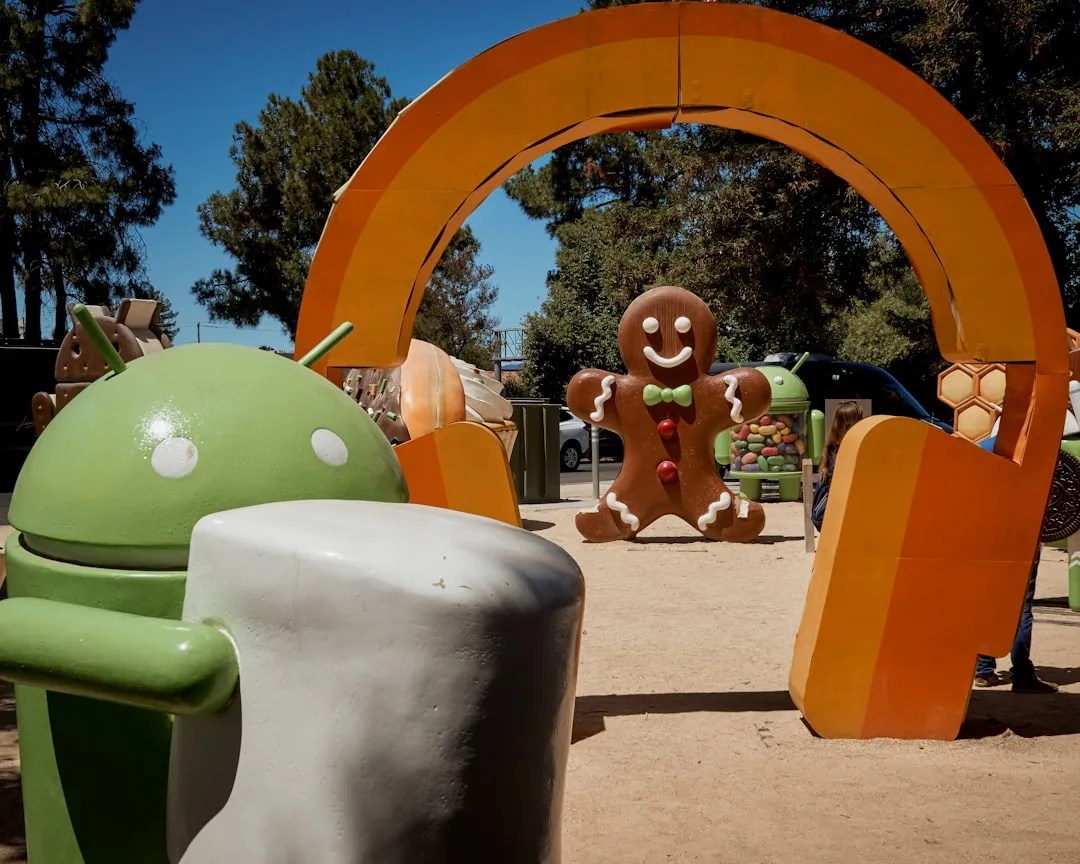

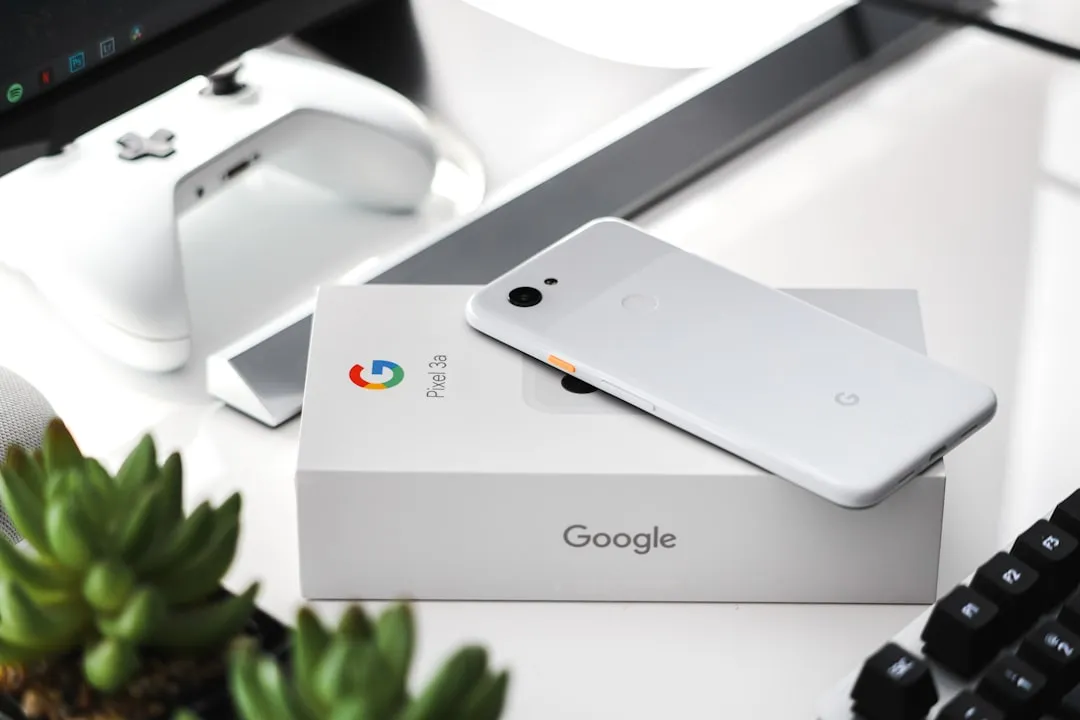

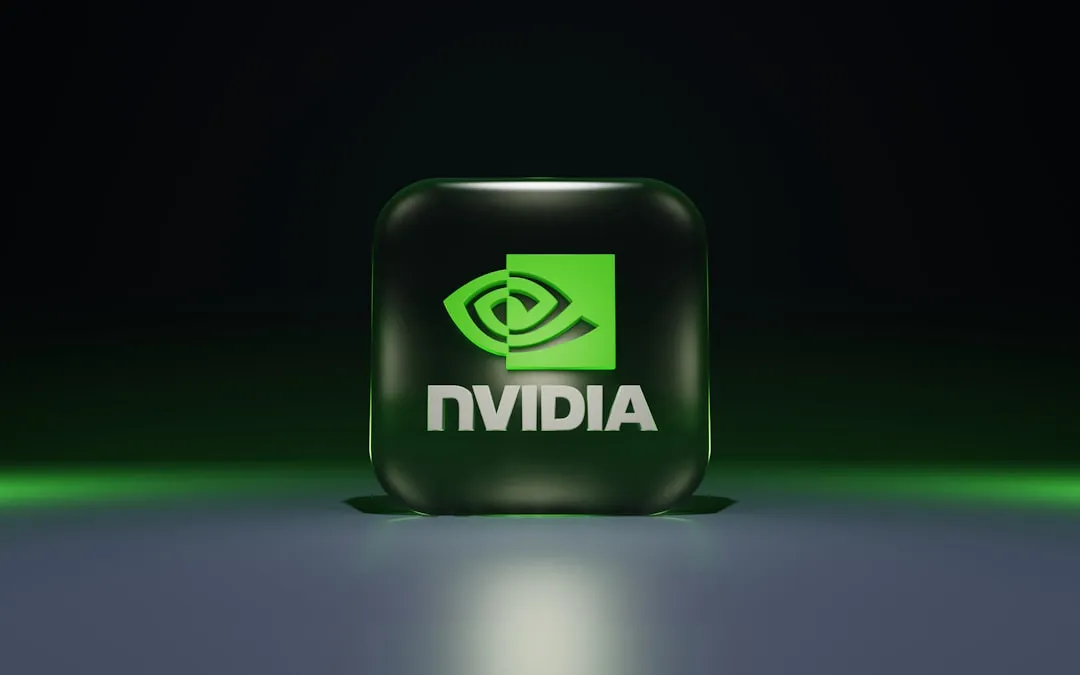



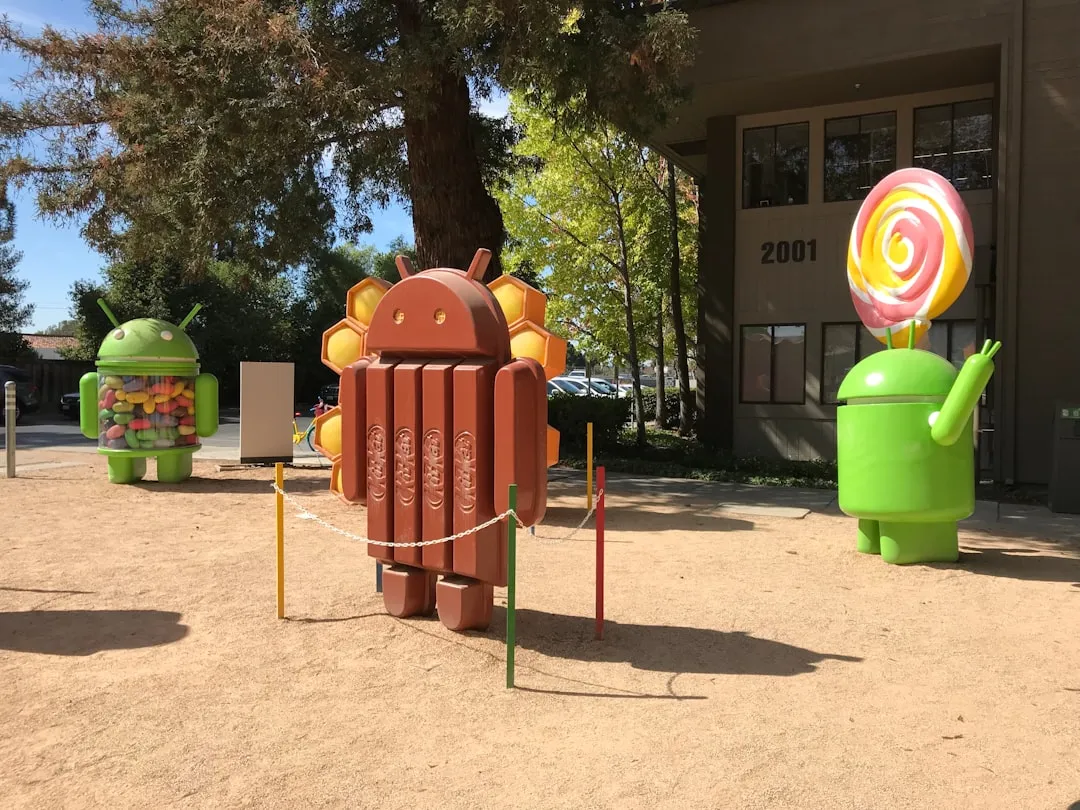



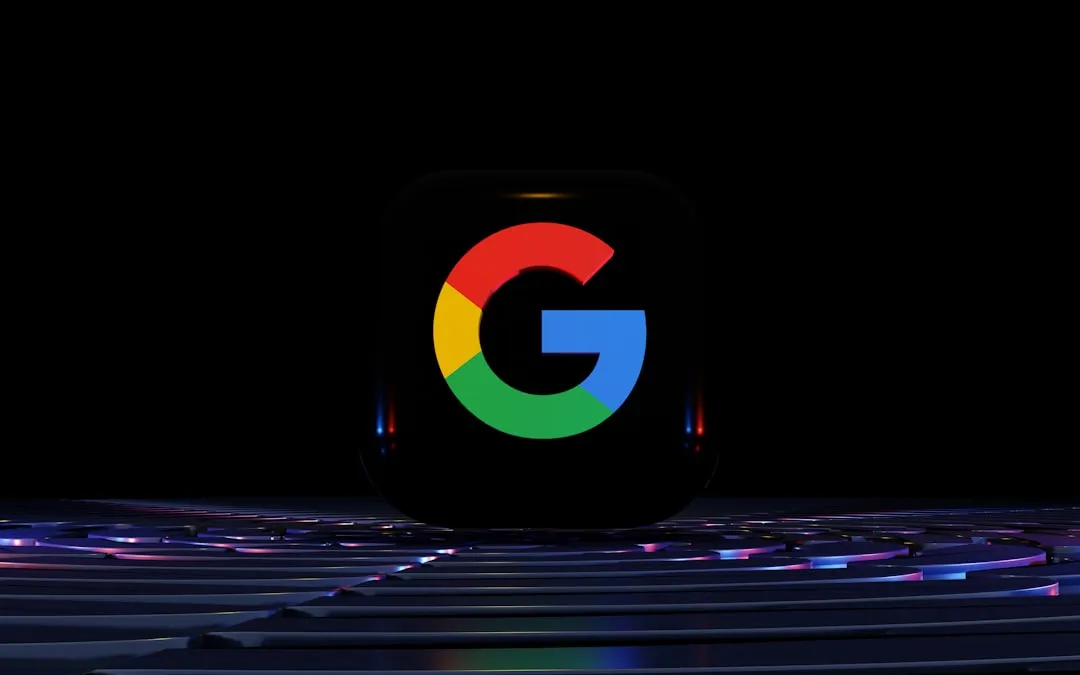



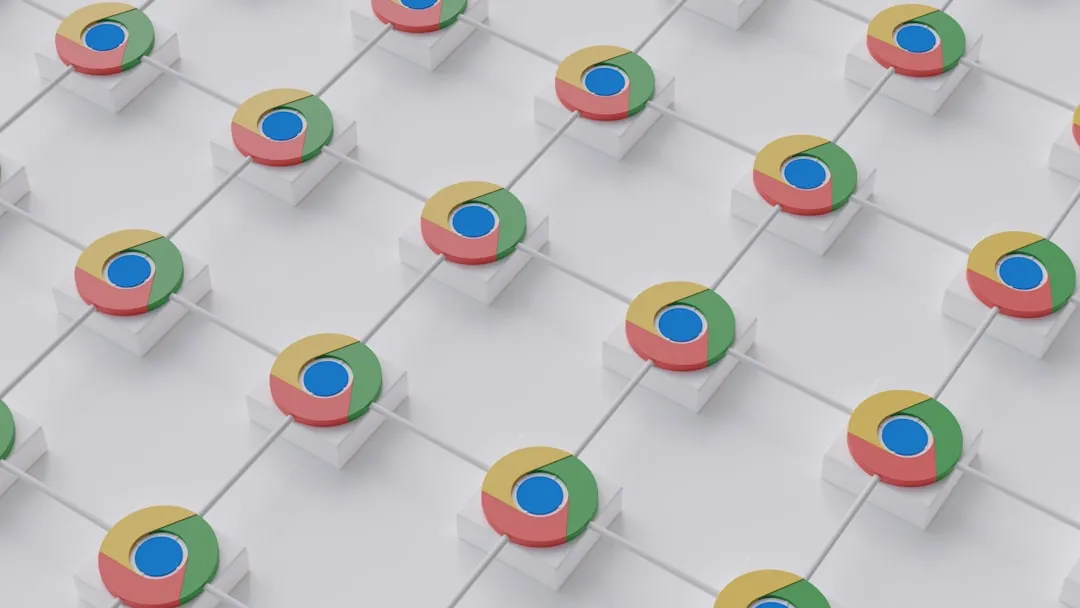
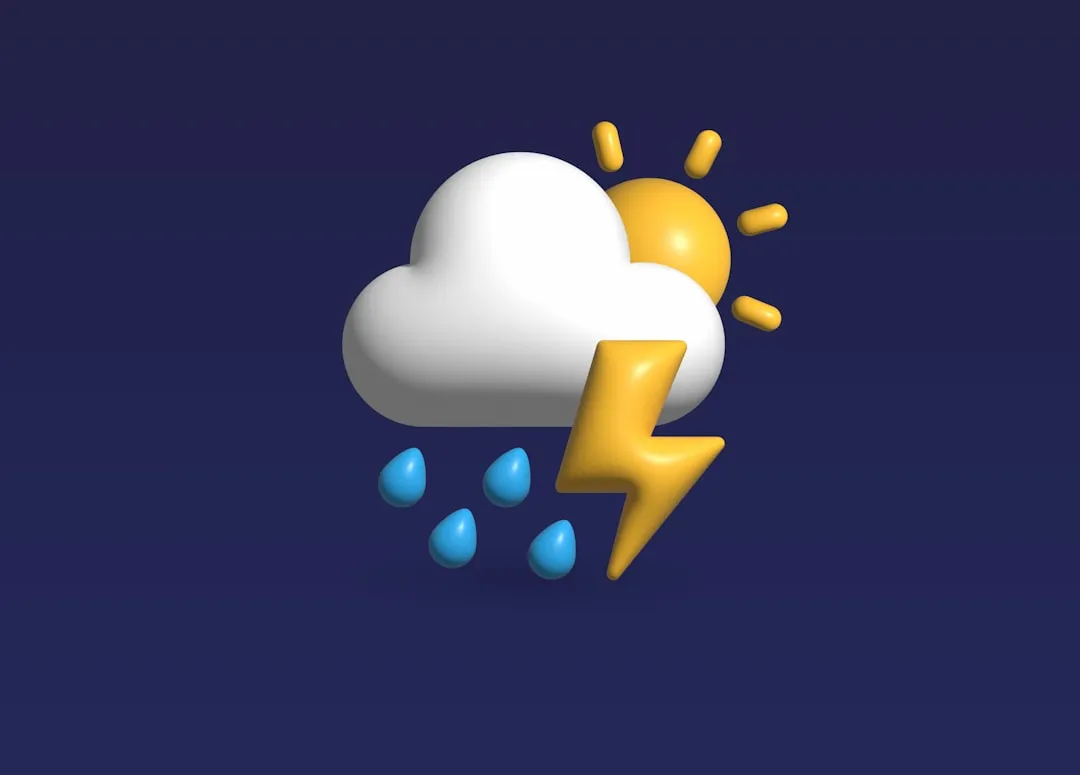
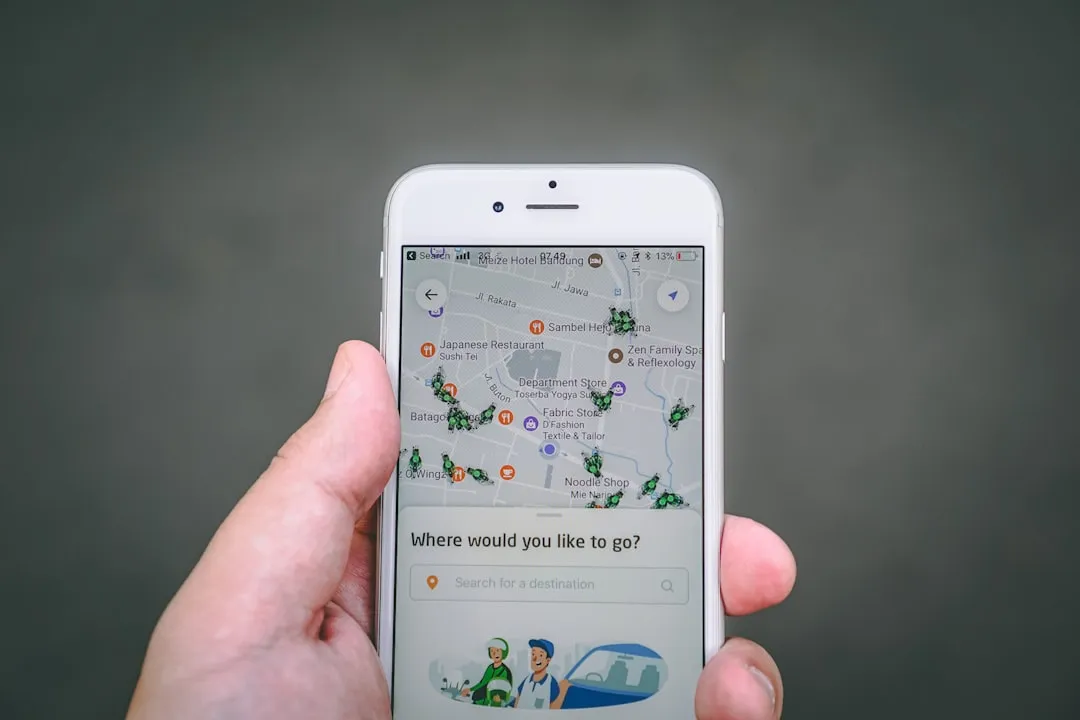
Comments
Be the first, drop a comment!